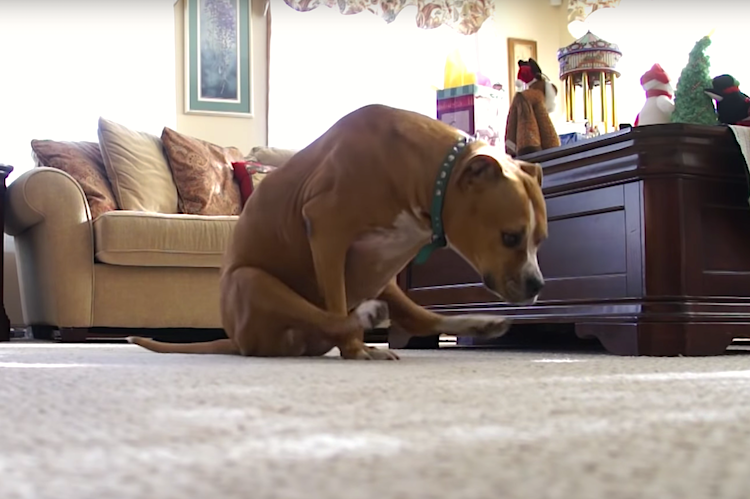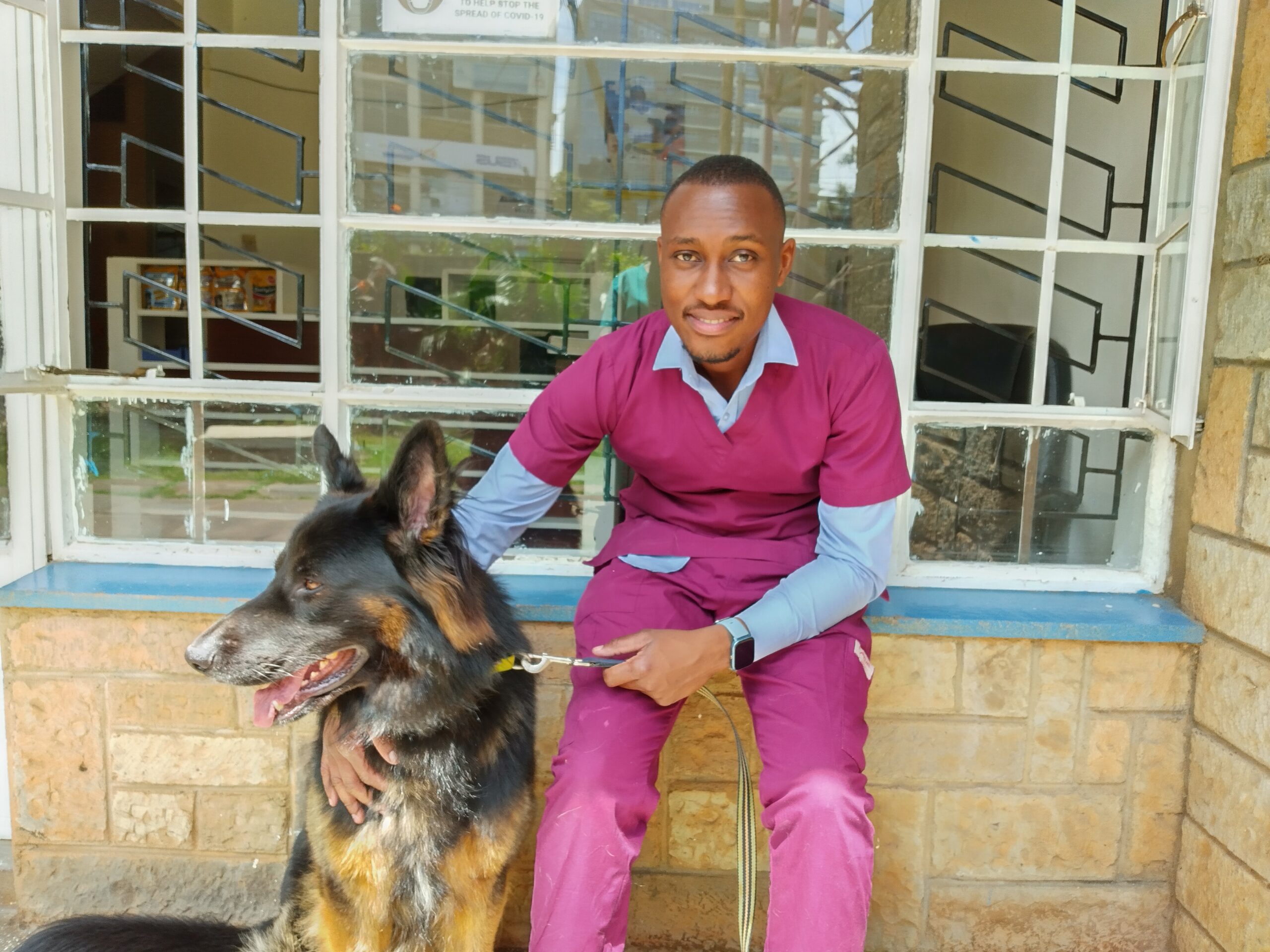Anal glands, also known as anal sacs, are small, sac-like structures located on either side of a dog’s anus. These glands play a unique but important role in a dog’s body. They produce a foul-smelling, oily substance that is normally released when a dog defecates. This odor acts as a form of communication among dogs, helping them mark their territory and identify one another.
However, problems can arise when the anal glands do not empty properly or become impacted. When this happens, it can lead to discomfort and potentially more serious health issues for the dog. Here’s a brief explanation of anal gland expression in dogs:
- Natural Expression: In a healthy dog, the anal glands should naturally empty when the dog defecates. The pressure from the passing stool causes the glands to release their contents. This process is usually painless and goes unnoticed by the dog and its owner.
- Expression Problems: Sometimes, a dog’s anal glands may not empty properly on their own. This can occur due to several reasons, including soft stools, obesity, or certain medical conditions. When the glands do not empty as they should, they can become impacted or infected, leading to discomfort, pain, and potential complications.
- Manual Expression: To address issues with the anal glands, a veterinarian or trained groomer can perform a procedure called “anal gland expression.” This involves manually squeezing the glands to release their contents. This procedure is done with the dog in a specific position and requires care to avoid injury to the dog and the person performing the expression.
- Signs of Anal Gland Problems: If a dog is experiencing issues with its anal glands, it may exhibit the following signs:
- Scooting or dragging its rear end on the ground.
- Excessive licking or biting around the anus.
- Foul-smelling discharge from the anal area.
- Signs of discomfort, such as whining or tail-chasing.
- Treatment: If a dog has recurring anal gland problems, a veterinarian may recommend dietary changes, increased fiber intake, or other measures to promote regular bowel movements. In severe cases of impaction or infection, antibiotics may be prescribed, and manual expression may be necessary.
It’s essential for dog owners to be aware of their pet’s anal gland health and to consult with a veterinarian if any signs of discomfort or issues arise. Regular grooming and a balanced diet can help maintain healthy anal glands and reduce the likelihood of problems.







